Natural Resources
All Natural Resources Content
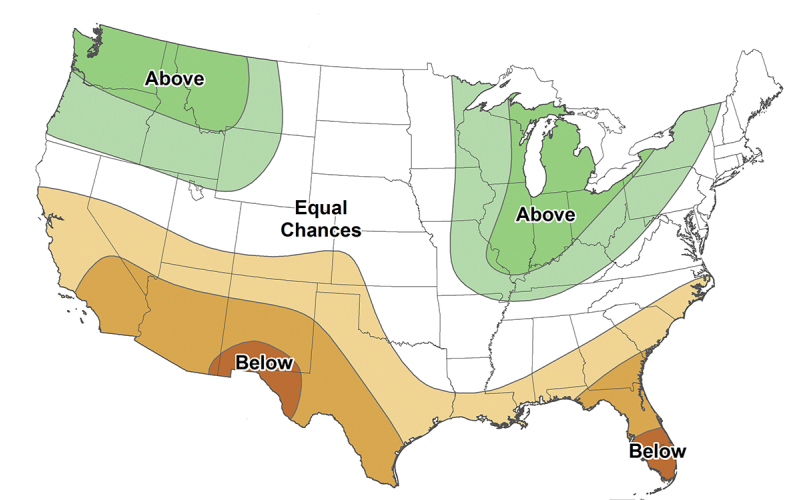
La Niña Expected to Influence 2021-22 Winter Climate
November 23, 2021
La Niña conditions have been officially declared this season by the National Oceanic and Atmospheric Administration (NOAA), but what does that mean for South Dakota’s winter climate, and this year’s outlook in particular?
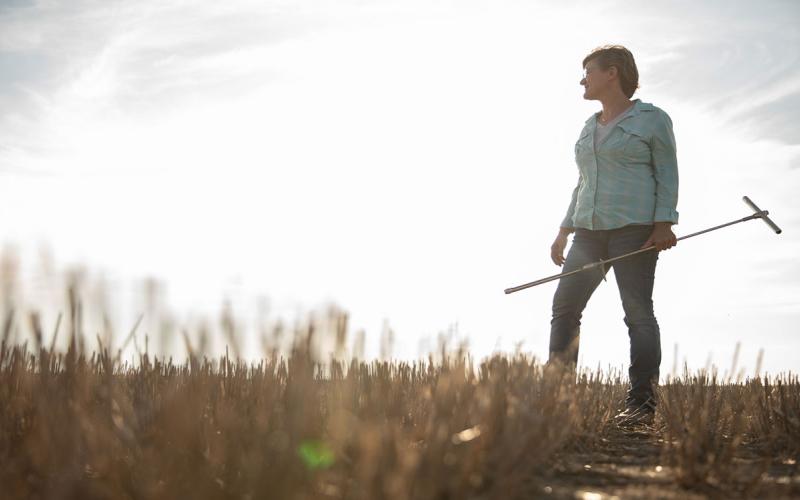
Fall Soil Sampling
With fertilizer prices on the rise, it’s more important than ever to understand your soil test levels and crop response to applied fertilizers. Fall is a great time to soil sample before freeze up.
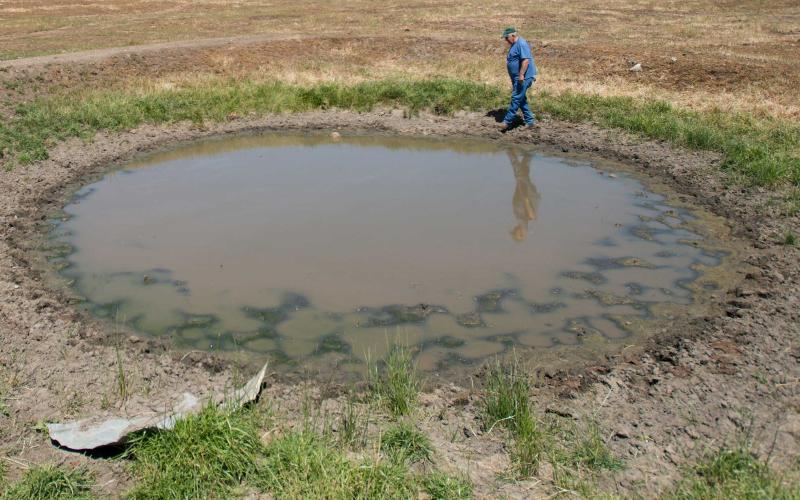
How Do Sulfates in Water Affect Livestock Health?
Poor-quality water will cause an animal to drink less. As a result, they also consume less forage and feed, which leads to weight loss, decreased milk production and lower fertility.
Multi-Species Grazing as an Alternative to Pasture Spraying
Broadacre spraying of pastures is intended to reduce undesirable plants and increase grasses for livestock. This practice often results in unintended consequences, including damage and reduction of native forbs and reduced profitability. One approach to managing perceived “weedy” plants is incorporating different species of livestock into a grazing operation.
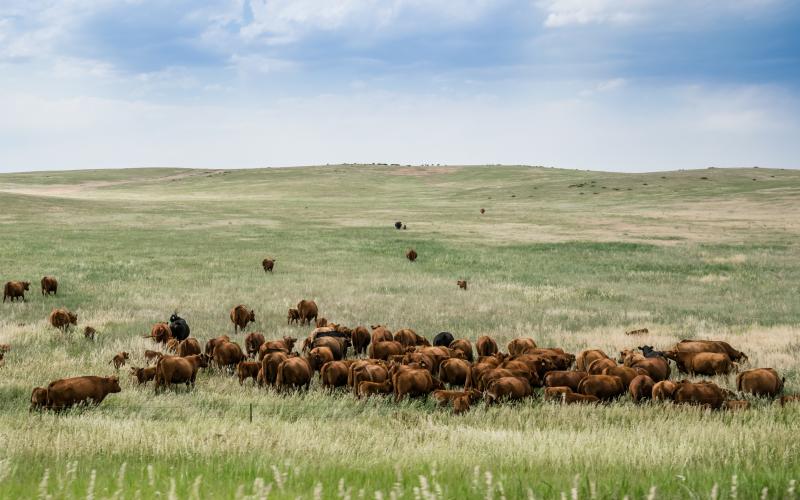
Structuring Grazing Leases
Fact sheet including ranch resource goals to improve landowner - lessee relationships.
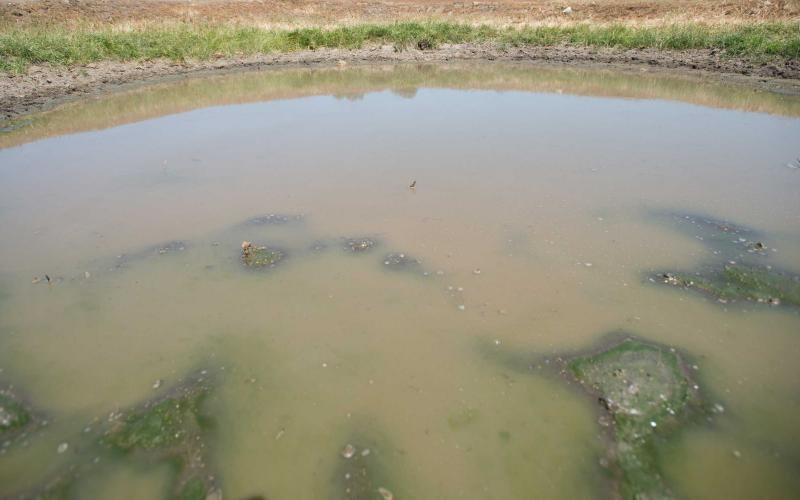
How Important Is Water Quality to Livestock?
Water is the most important nutrient to all livestock animals and is sometimes overlooked. Poor quality water can have a negative effect on growth, reproduction, and general productivity of the animal.

Counties Designated as Disaster Areas and Qualify for Other Programs
Five South Dakota counties have been given disaster declarations due to dry summer conditions. This declaration gives producers in these counties and those in contiguous counties access to USDA-FSA emergency loans.
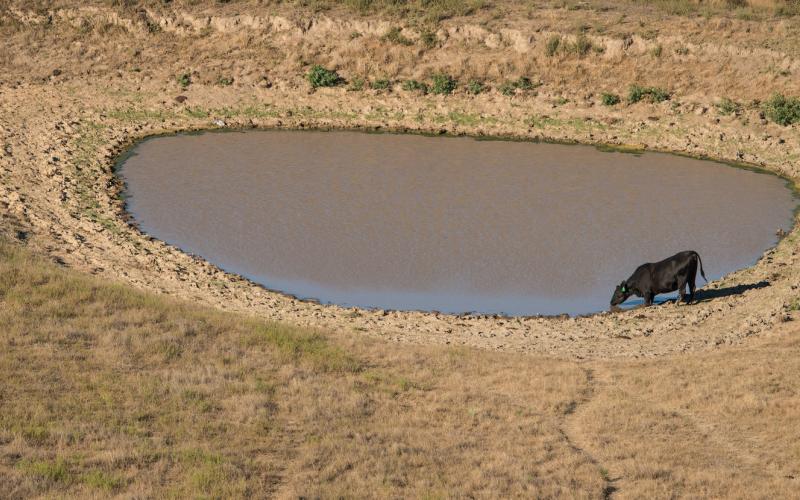
Feed & Water Testing Laboratories
A partial listing of available feed testing laboratories.
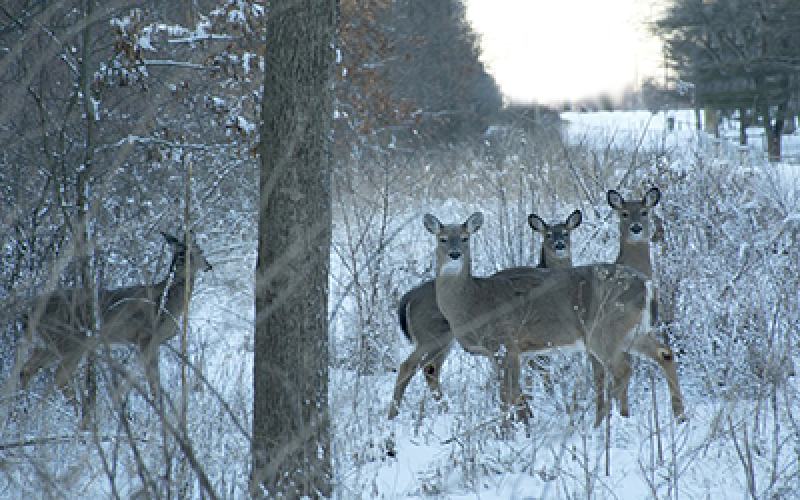
Give the Gift of Conservation This Christmas
The SDSU Natural Resources Management Department and SDSU Extension would like to wish all our readers a Merry Christmas and remind everyone that if you are shopping for a late holiday gift, consider giving the gift of conservation to yourself or someone else.
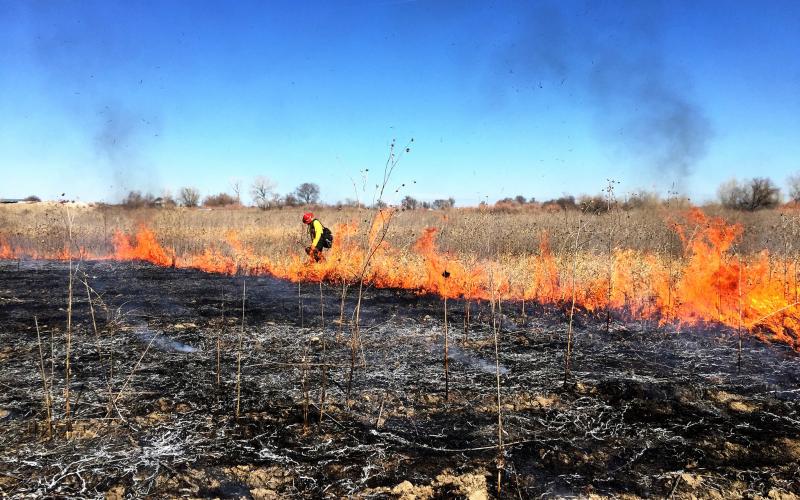
Fall Fire Safety
The moisture and cooler temperatures of fall make it easy to become lax about fire danger, however, conditions can still lead to easy ignition and rapid growth of wildfires.